I've been going around in circles for a while and just not sure how to tackle this using the available JSON functions. I have a database table with item names and a count for a player identifier and I'd like to represent this set of records as a single json object keyed by the item name. THis is what the table data looks like.
This is the structure I want to produce:
{
"WEAPON_PETROLCAN":1,
"water":1,
"bandage":2,
"WEAPON_PISTOL":1
}
This is my starting point:
SELECT *
FROM addon_inventory_items
WHERE inventory_name ='property'
AND owner LIKE 'license:ee7d%';
I've tried using JSON_INSERT with a previously defined @json variable but its not being formed correctly. Anyone know how to do this? My dbms version is 10.5.8
The background is that I want an update and insert trigger to respond in each case a create a snapshot of a player's property inventory state which I can then store on a history audit table with a timestamp. I want to capture this json object in as a variable to then use in a subsequent INSERT statement.
